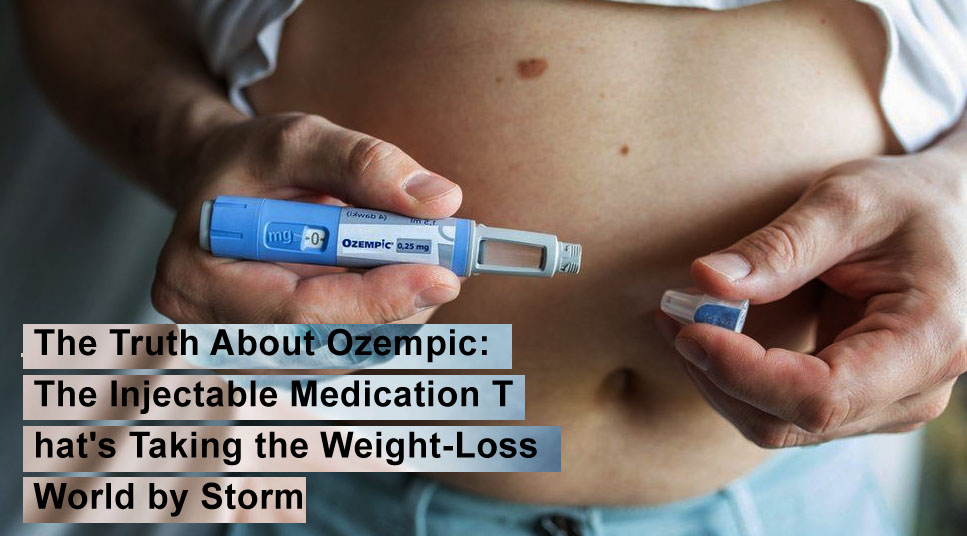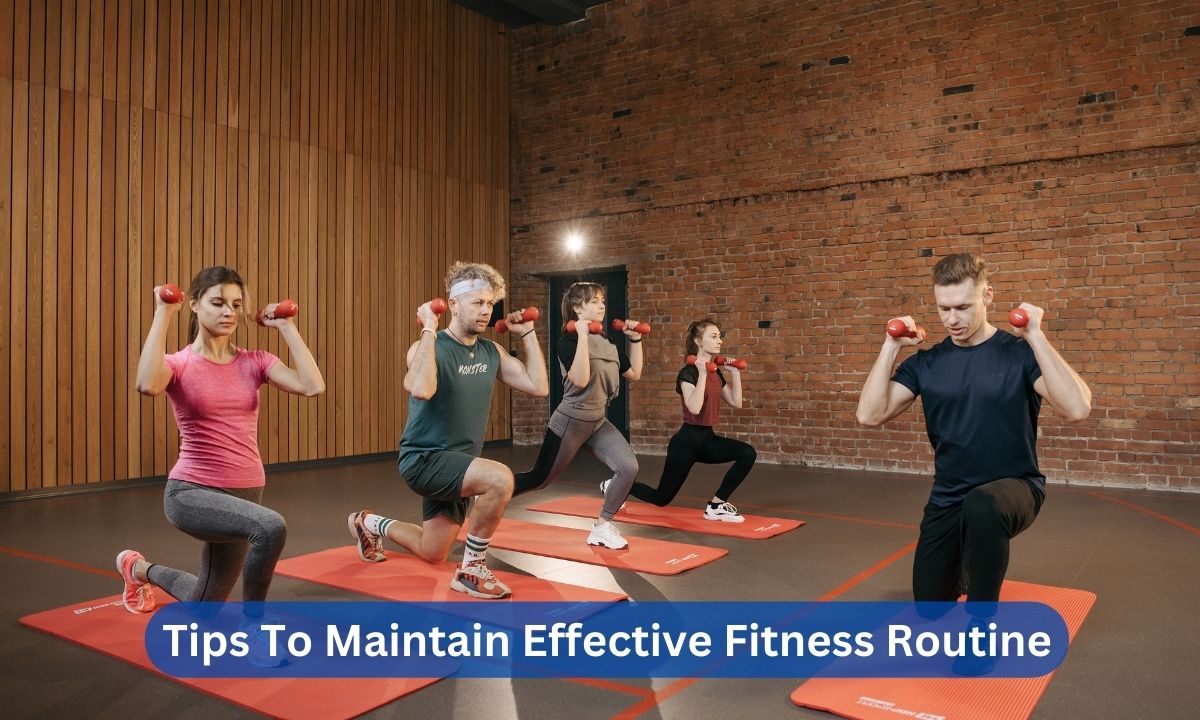Exercising and working out have been proven to stave off a number of illnesses and keeps the body in good shape in general. On Oct. 20, 2013, Medical Daily reported exercise can also prolong the sense of smell as human beings age.

Many things weaken with age, including the sense of smell with about 62 percent of people over the age of 80 reporting “olfactory impairment,” according to the report.
Nevertheless, LiveScience indicates a new study has determined that working out to the point of sweating at least once a week decreases olfactory impairment, according to Medical Daily.
The sense of smell begins to weaken when the part of the brain responsible for odor perception deteriorates with age.
Although researchers are not completely sure why exercise makes such a difference regarding the sense of smell, they noted it could simply be related to the “overall benefits of exercise,” reports Medical Daily.
And, as the report concludes, “exercise is just plain good for you,” therefore, this study is just another reason to keep fit and continue to work out on a regular basis.
Is your age a refection of your lifestyle?
Why is it that some people seem to never age, and some look older than their years? It’s not just “looks” either. Some people just seem to fall apart sooner than others. Genetics certainly play a role, but diet and exercise might play a bigger role than we think.
Researchers at the Robert and Arlene Kogod Center on Aging at the Mayo Clinic, recently completed a study, published in the latest edition of Diabetes, showing how poor diet and the lack of exercise accelerate aging. In other words, your lifestyle might be consequential in how you age.
Exercise is especially important because it prevents cells from aging prematurely while protecting against the damaging effects of a poor diet. At the same time, exercise promotes the optimal function of vital internal organs, muscles, and joints.
“We think at both a biological level and a clinical level, poor nutrition choices and inactive lifestyles do accelerate aging,” according to Nathan LeBrasseur, Ph.D., director of the Center on Aging’s Healthy and Independent Living Program and senior author of the study. “So now we’ve shown this in very fine detail at a cellular level, and we can see it clinically. And people need to remember that even though you don’t have the diagnosis of diabetes or the diagnosis of cardiovascular disease or the diagnosis of Alzheimer’s disease today when you’re in midlife, the biology underlying those processes is hard at work.”
In other words, the negative effects of not taking care of yourself will eventually materialize in one form or another – probably sooner than later – if not in appearance, certainly in diseases commonly associated with aging.
“Some of us believe that aging is just something that happens to all of us and it’s just a predestined fate, and by the time I turn 65 or 70 or 80, I will have Alzheimer’s disease and cardiovascular disease and osteoporosis,” says LeBrasseur. “And this clearly shows the importance of modifiable factors so healthy diet, and even more so, just the importance of regular physical activity. So that doesn’t mean that we need to be marathon runners, but we need to find ways to increase our habitual activity levels to stay healthy and prevent processes that drive aging and aging-related diseases.”
The bottom line is, use it or lose it. We can’t stop getting older, but we can slow down the process of aging and enhance our quality of life by eating a healthy diet and engaging in an active lifestyle.




